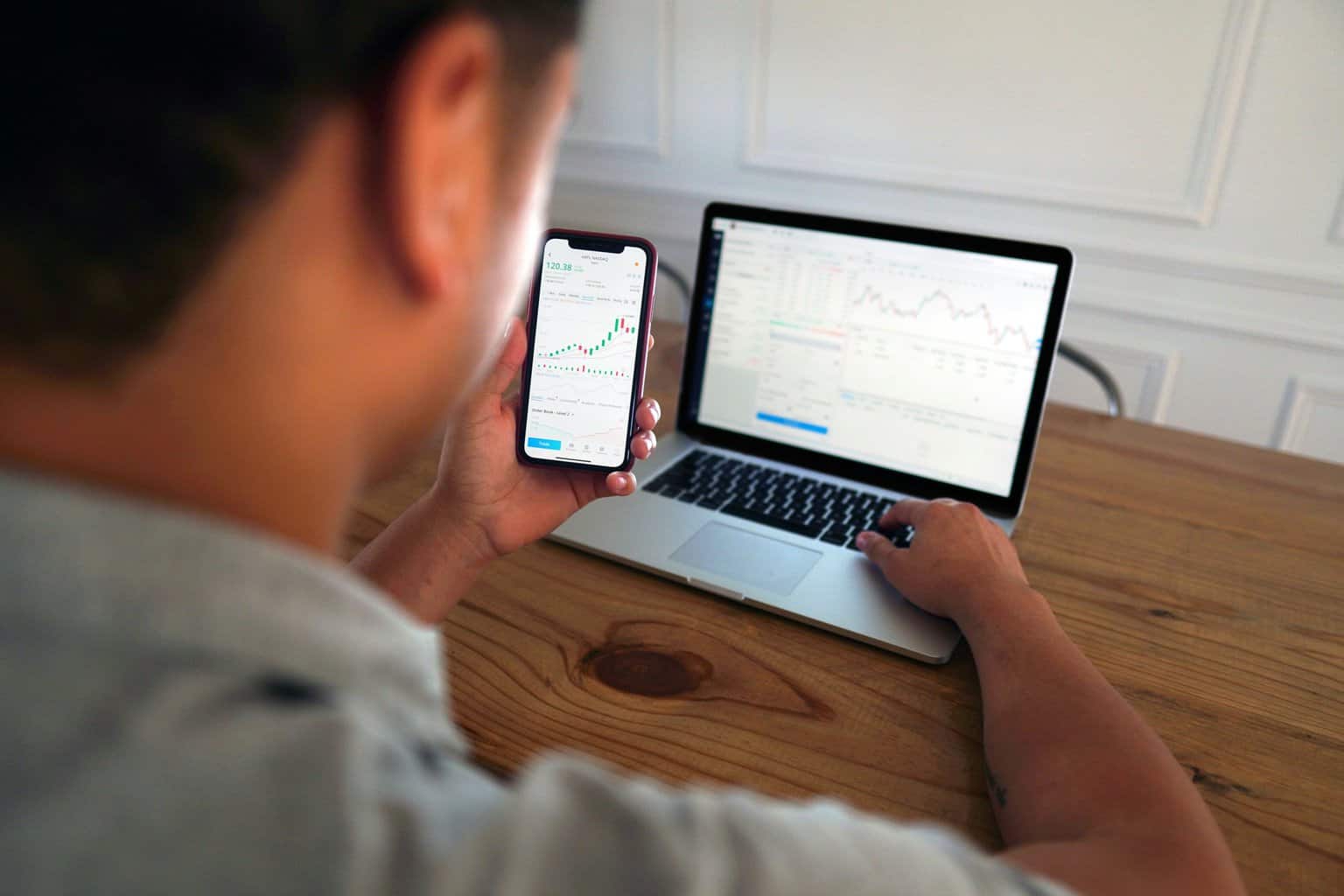
29 Jul Low Spreads? Here’s How to Keep Your Trading Costs Down
When you’re a trader, you will deal with spreads. These are, of course, present in forex as well. Traders may come to be afraid of spreads, especially if you do not account for spreads at all. Making the wrong choice will cost you a lot, turning a potentially successful trade into a failing one. This iss why before you start your forex journey and create a trading strategy, you must consider spreads.
The use of low spread brokers often has traders wondering how they can keep their trading costs down. If you’re new to forex trading and want to learn how to cut some costs, this article will tell you everything you need to know, so keep on reading.
 What Is the Spread?
What Is the Spread?
In forex, the spread is referring into a small price that is build into your buy and sell price. It applies to every single currency pair that you trade. The quoted price between the buy and sell costs will be different. As you may already know if you’ve already been trading forex for a while, spreads tend to change. The reason for this is the pips – little price movements that involve the shifting of the 4th decimal place of a currency pair.
Spreads are calculated by figuring out the difference between the sell and buy price. This can be done when you subtract the big price from the ask price.
What Is Considered a Low Spread?
It’s hard to figure out which spreads are high and which ones are low. However, it just makes sense that low single-digit numbers are what makes a tight spread. A spread that sits between 0 and 3 pips can therefore be considered a low one.
That being said, if you see a spread of 0.6 pips on USD/EUR or 0.8 pips on AUD/USD, this will be considered a low spread. But bear in mind that spreads can change at any time, especially if you do not select a broker with fixed spreads. Most brokers will offer spreads that change depending on the market conditions, which is why a lot of traders, particularly new ones that are trying to keep costs low, go for fixed-spread brokers.
Market Conditions That Influence Spreads
The market isn’t stable – certain events may influence it, making it volatile. For this reason, you can expect different spreads whenever you are not using a fixed-spread broker.
When a spread is high, it reveals that there’s a low liquidity or high volatility period, but both may also apply at the same time. The price changes constantly in these situations, therefore buying and selling any contracts will be a challenge. It also puts you at risk of losing money if you’re not careful. Buyers will do their best to hold on during high-volatility times, which can cause the spread to increase even more. Spreads also tend to increase when the market doesn’t have a lot of traders because it’s harder to choose a price.
Meanwhile, when spreads are low, it signals that there’s a low-volatility or high liquidity period. Both may be true at the same time too. It is a sign that there aren’t any huge changes in the price or that there are lots of people making trades. This makes it more convenient to buy larger contract numbers. Things will go on quite nicely during such times.
How Can You Keep Costs Low with Low Spreads?
Low spreads make trades safer for traders who want to save some money. One way to keep costs low is to only trade during low-volatility or high-liquidity times. Another thing you can do to make sure everything goes accordingly is settling for a fixed-spread broker. It may be harder to find a one, but it’s worth the effort if you don’t want to be affected by volatility.
Another thing you should know is that low spreads don’t instantly mean that you’re working with a low trading costs broker. Check the trading costs, including the commission, when you are about to settle on a broker. Many brokers have a high commission fee paired with a tight spread, which will still add to the overall cost of your trades.
Final Thoughts
 Keeping trading costs low is not difficult when trading forex. The key is to choose the right times to trade or go for a fixed-rate broker. However, it’s also essential to check the trading fees associated with a broker as they’re not always low.
Keeping trading costs low is not difficult when trading forex. The key is to choose the right times to trade or go for a fixed-rate broker. However, it’s also essential to check the trading fees associated with a broker as they’re not always low.



No Comments